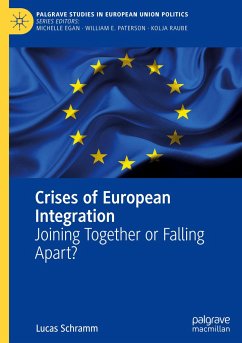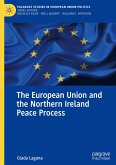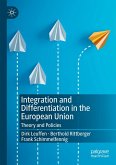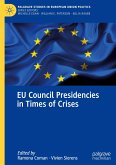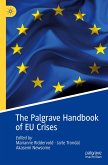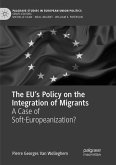The book offers explanations for the striking variation in the outcomes of European integration crises. It analyzes eight major cases over the entire integration process, starting from the early 1950s and lasting until very recently. All cases went beyond a single policy field or member state but affected key features, principles, and objectives of European integration. As such, they qualify as "constitutional crises". My cases comprise the crisis of the European Defence Community (1952-54); the empty chair crisis (1965-66); the oil crisis (1973-74); the budgetary rebate crisis (1979-84); the end of the Cold War crisis (1989-92); the Constitutional Treaty crisis (2004-07); the Euro crisis (2009-12); and the migration crisis (2015-16). Taking a historical-comparative perspective, the book shows that crises have been an integral part of the European integration process since its beginning. European integration, after all, started with a major setback when member states in 1954 failedto realize plans for a European army through the European Defense Community.
This outstanding book makes an invaluable addition to the burgeoning literature on the crises of the European Union. Schramm s book is compulsory reading for all scholars and students of EU politics and European integration. It is well conceived, thoroughly researched and lucidly argued, thereby setting a new benchmark in the field against which future contributions will likely be measured. (Douglas Webber, International Affairs, Vol. 101 (1), 2025)

